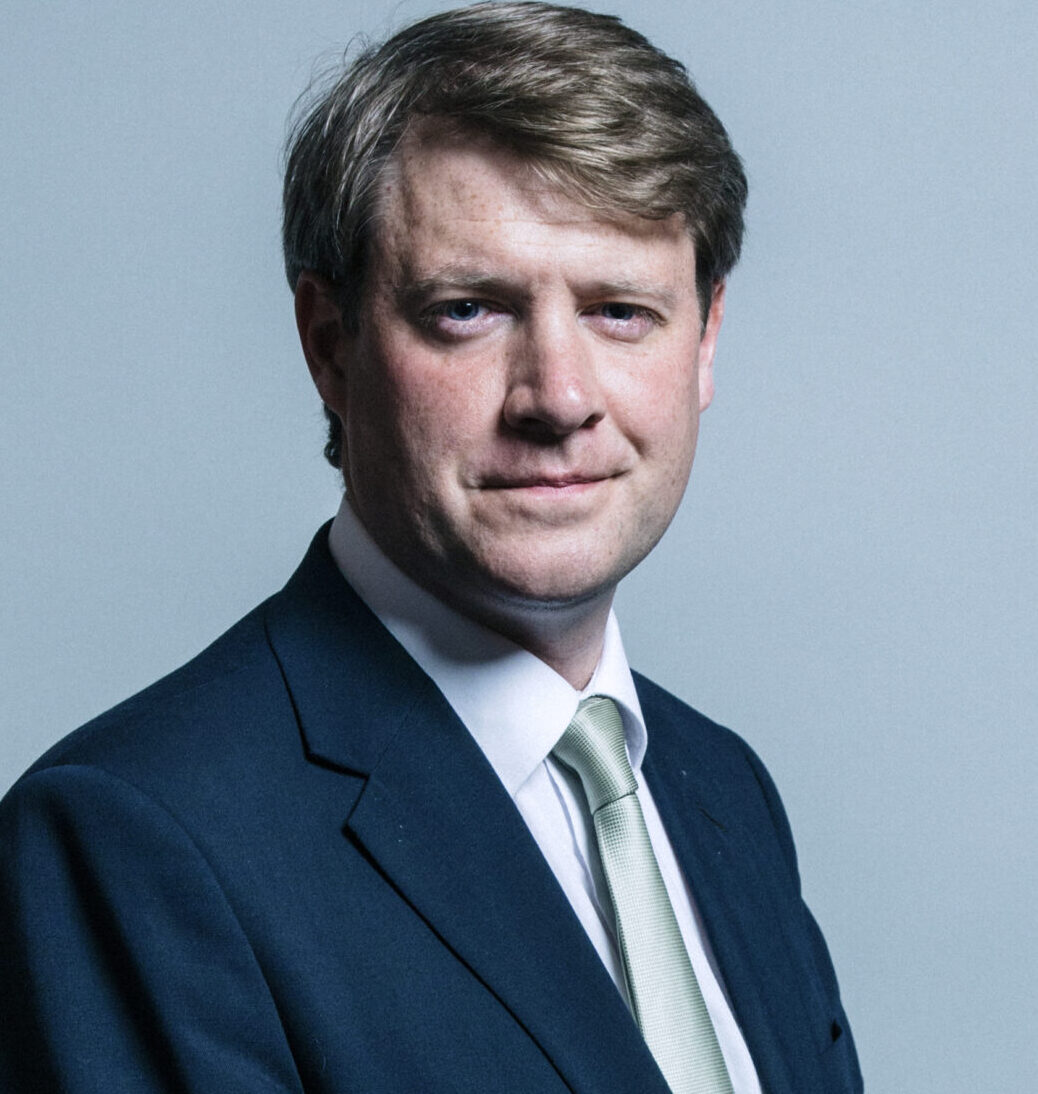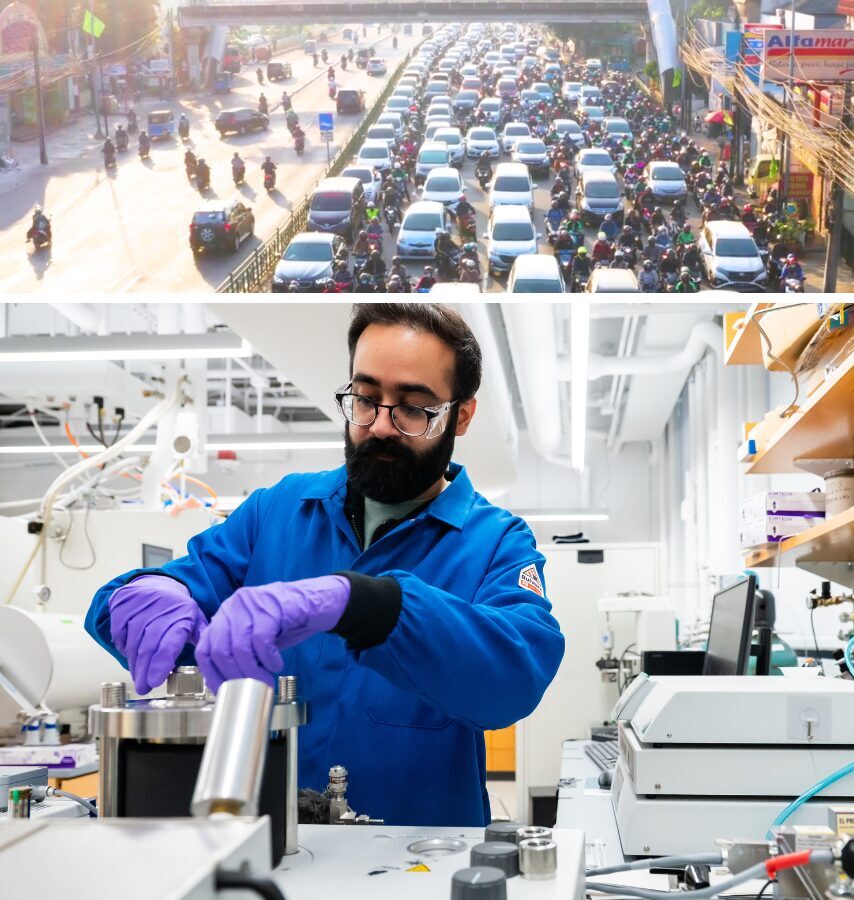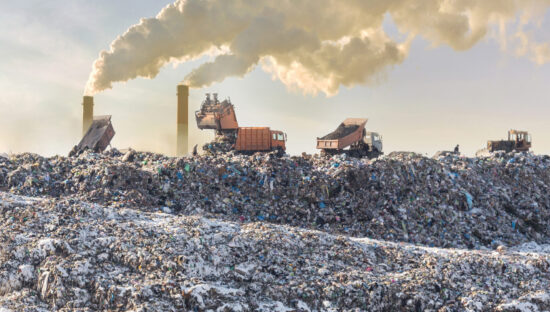
Strengthening Communities
Summary
Strengthening Communities for Changing Energy Systems
The world is in the midst of changes in the energy system that rival the emergence of the fossil fuel technologies that drove the industrial revolution. Global efforts to reduce greenhouse gas emissions are pushing for new energy systems and for a rapid reduction in fossil fuel use. As new technologies emerge, they will create new industries, new classes of jobs, and new economic opportunities. Such changes will affect, and be affected by, diverse communities, from traditional energy-rich regions to agricultural communities to fisheries, across the United States, and among the United States’ global competitors. These changes, many hope, will happen in a short period of time.
The Cluster focuses on two principal social challenges, which occur at multiple scales: the disruptions and opportunities arising from the adoption of new technologies, including dislocations as communities move away from fossil fuels or shift to a new energy mix.
The first question that the Cluster seeks to answer is, how can new technologies and new energy industries be deployed effectively, efficiently and equitably? The United States has a history of making ad hoc and inefficient energy and infrastructure policy choices that place heavier burdens on people of color and the poor. Energy transitions raise many practical legal and planning challenges, such as how best to retire old infrastructure and address legacy pollution; approve and site new facilities and infrastructure; establish ownership rights and compensation; set environmental, safety, and public health standards; and monitor and enforce compliance with legal obligations.
The development and deployment of new energy sources can also magnify inequities. Uptake of new technologies has occurred unevenly across different social classes, groups, and communities. Research suggests this might reflect community norms or the lack of access to capital for infrastructure improvement, among other factors. Making new technologies more familiar and accessible can accelerate adoption rates.
The second question that the Cluster seeks to answer is, how can the United States navigate an effective, efficient, and equitable transition toward faster electrification and more intensive use of renewable energy? Many communities with fossil fuel driven industry, such as energy, steel, and autos, are in relatively poor parts of the country, where economic activities tend to be concentrated in poorer parts of urban areas and in rural areas. In these regions, reducing use of fossil fuels may shrink employment opportunities, impede economic growth, and lower government revenues required to respond to social and economic effects of economic decline. The Cluster is examining how communities are addressing these challenges and plans to recommend strategies for addressing the consequences of transforming our energy systems.
The Cluster is to deploy social science tools, especially intensive local case work, stakeholder interviews, and surveys, to understand the challenges facing communities. The Cluster also plans to use these tools to open dialogues about pathways forward. Fieldwork can reveal the complex social and political processes at play, the cultural meanings of energy, the institutional obstacles to planning a new economic course in communities, the social patterns and habits that are solving unstated problems for people in a pragmatic way, and the regional planning activities and legal and regulatory reforms that can help ease the transition to a new energy future.
Central to the Cluster’s approach is detailed and pragmatic assessment of the current legal and regulatory systems that are structuring the status quo. In many circumstances, it may be sufficient to use the existing legal and regulatory system more effectively. In other circumstances, existing structures may need reform, rescaling, or wholesale reimagining. One important contribution of this project, then, is explaining why the legal and regulatory system is structured the way it is, and what effect that has on the existing situation, which can help stakeholders to envision what the solutions might be in a precise and practical way.

Stephen Ansolabehere

Jody Freeman

Diane Davis

Dustin Tingley
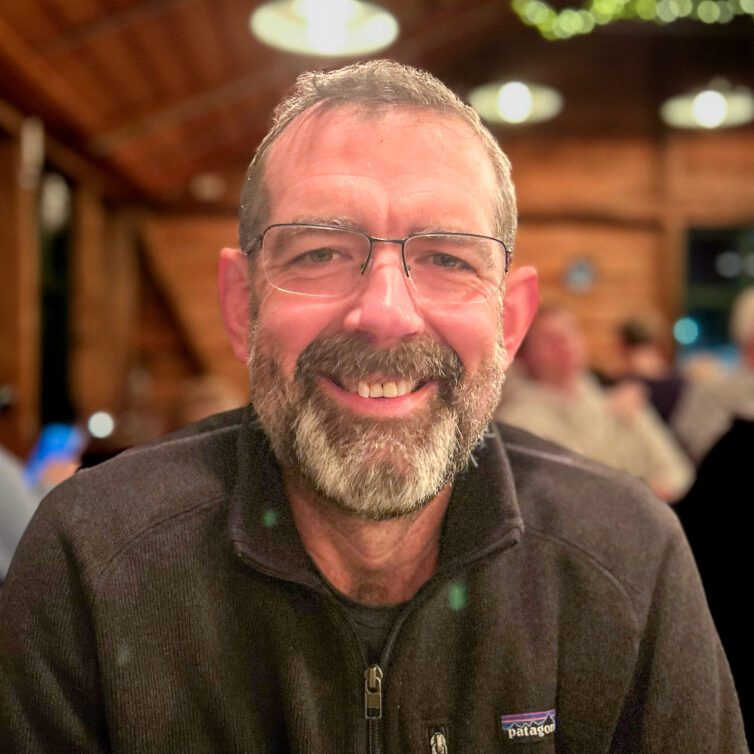
Jason Beckfield

Ana Martinez
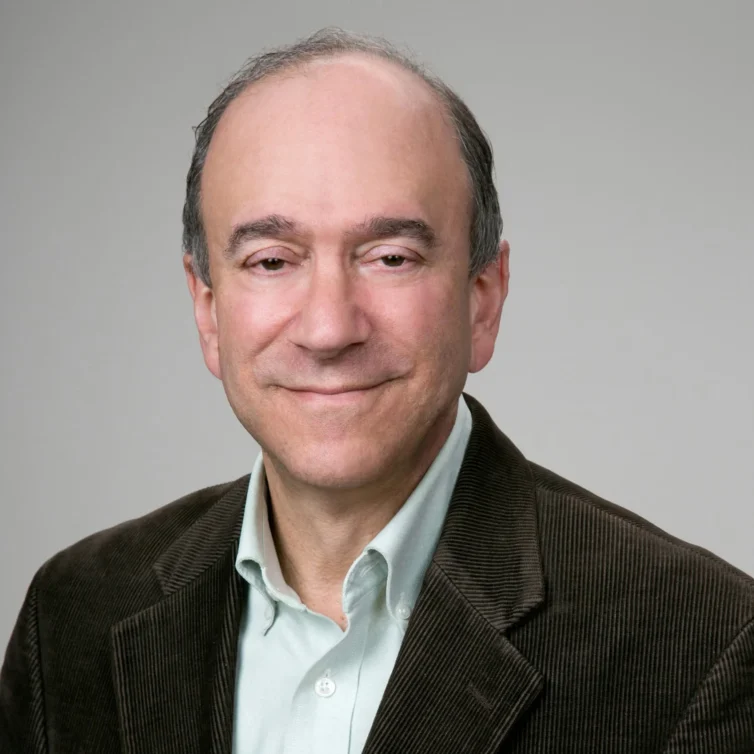
Richard J. Lazarus
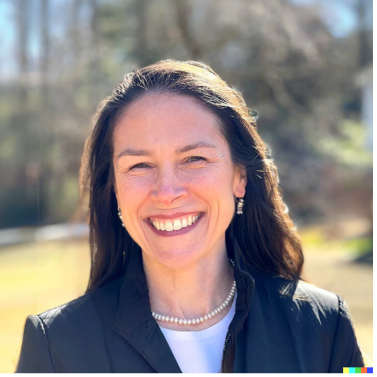
Carrie Jenks

Elizabeth Thom

Daniel Alain

Major Eason
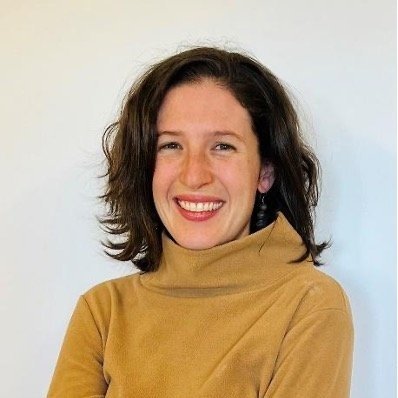
Hannah Perls

Dylan Carlson Sirvent León
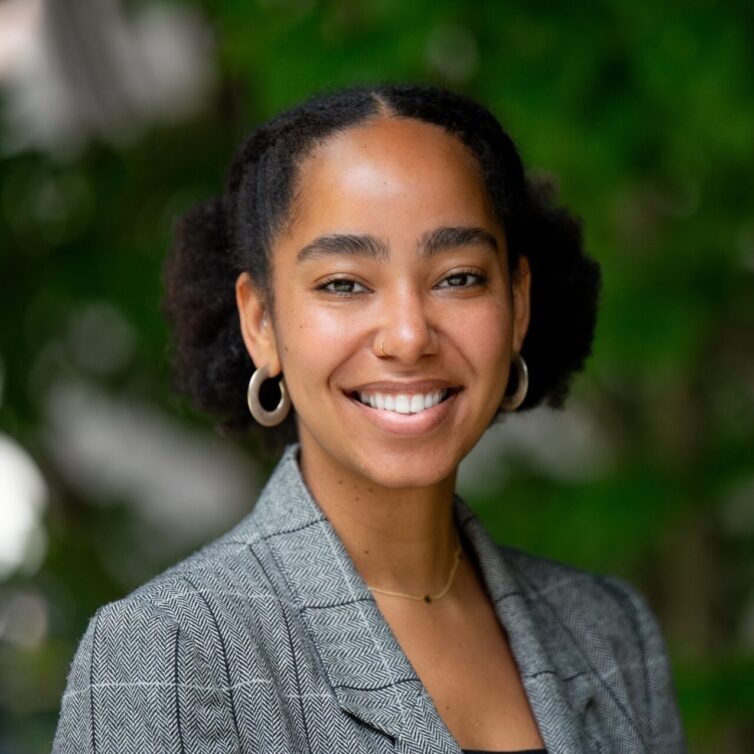
Amelia Linton
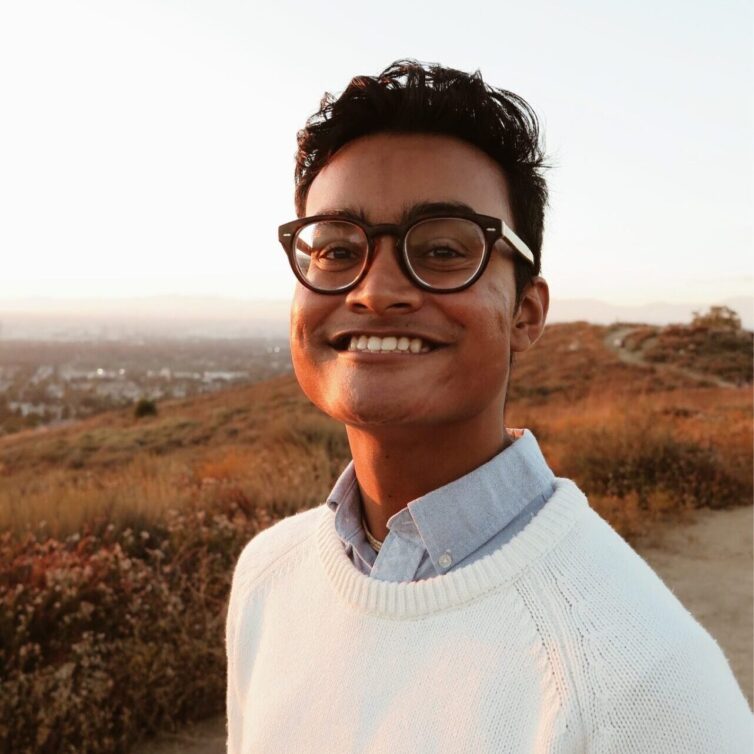
Pranav Moudgalya

Samantha Wyman
Highlighted News
MORE NEWS
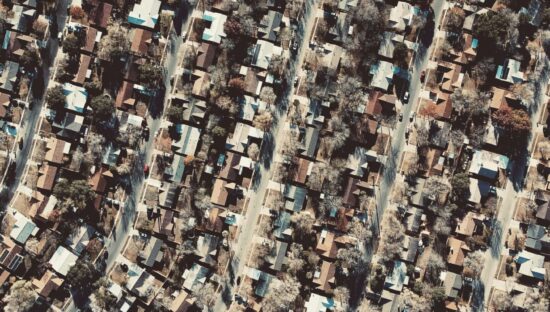
Access Government Data on Environmental Justice

Federal Land Leasing, Energy, and Local Public Finances
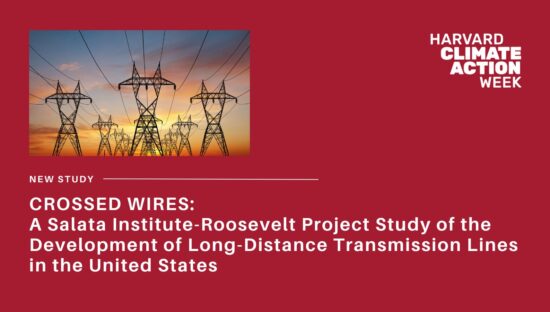
Crossed Wires: A Salata Institute-Roosevelt Project Study of the Development of Long-Distance Transmission Lines in the U.S.

Don’t ignore local communities: How grid projects get stuck
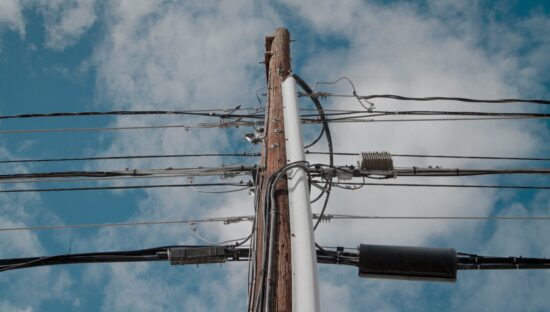
Inside the Clean Energy Transition: "The Future is Very Bright and Every Day is a Freaking Crisis."
IMPACT
For many U.S. communities – from towns in West Virginia to Tribal Nations in the Pacific Northwest – the clean energy transition is changing everything. This Harvard-led initiative is conducting new research and working with stakeholders to better understand the social and political dimensions of the shift from fossil fuels and develop playbooks for effective, equitable, and community-driven energy development.
By the numbers
-
- Nearly 900 state, local, tribal, stakeholders and researchers convened
-
- 3 major reports released
-
- 2 national surveys conducted on energy issues
-
- 384 federal environmental justice actions tracked
Developing a clearer picture of the energy transition
The impacts of the clean energy transition are complex and poorly understood. The cluster has generated new, comprehensive analyses and data that demystify the transition’s drivers and implications – from the dynamics that are slowing down infrastructure development to practical, bipartisan policy options that would benefit communities.
Among the cluster’s research findings to date:
-
- To meet growing electricity demand, the U.S. will need to increase the capacity of its long- distance transmission lines by 25 percent over the next two decades. Taking full advantage of wind, solar, and hydroelectric power resources will also require doubling the nation’s network of long-distance trans- mission lines. Read more.
-
- Public engagement in the planning and siting of long-distance transmission lines, and other energy transition projects, happens too late in the process. This limits the ability of companies to learn from communities and receive public input about the design of transmission lines. Companies and state governments can address this problem, but it will require changes to how they approach and engage with impacted communities and the broader public. Read more.
-
- Current legislation allocating revenue from fossil fuel energy projects on federal land to states and local communities contrasts with renewable energy projects, where revenue is retained by the federal government, captured by non-local firms, or negotiated to levels far below traditional energy in inter-community competition. This discrepancy represents a missed opportunity to support local economies through renewable energy revenue – and there is overwhelming national support to change this policy to treat renewable energy equitably. Read more.
Making clean energy a better deal for communities
Through direct engagement with policymakers, communities, and Tribal Nations, the cluster is ensuring that the research insights will translate into updated policies and practices that protect and improve quality of life for those affected by the energy transition.
For example:
-
- Cluster researchers worked alongside the Lowlander Center in Louisiana to develop local microgrid solutions, winning a SOLVE IT Prize.
-
- In response to a report assessing barriers and unmet needs for coastal Pacific Northwest Tribes severely impacted by climate change, cluster researchers are researching legal and policy pathways to address unmet needs.
-
- Cluster researchers are publishing insights that will help advocates utilize the Uniform Relocation Act to defend the rights of individuals displaced by climate change.
-
- Cluster researchers are working with groups on Cape Ann to develop regional approaches to planning for the energy transition and climate resilience.
-
- Co-Investigator Jason Beckfield provided insights directly to the US Department of Transportation as Senior Advisor to the Climate Change Research & Technology Program and the DOT Climate Change Center.

